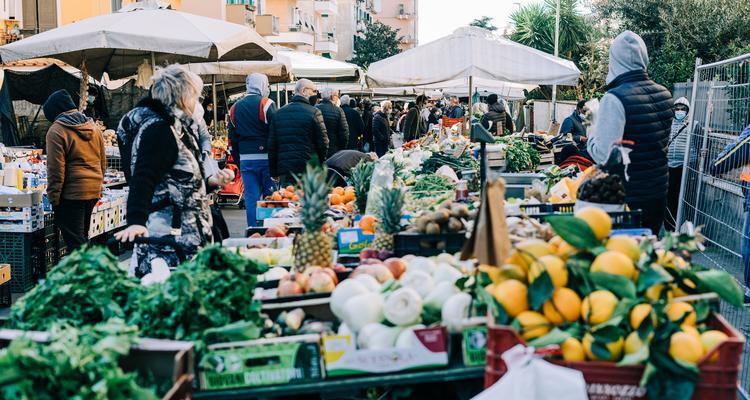Fostering impact: The Transformative Role of Food Policy Networks
Food Policy Networks (FPNs) are dynamic entities that play a pivotal role in shaping the future of our food systems. Defined as networks of diverse stakeholders, such as public administrations, associations and food producers, these entities operate in a complex landscape. They are either accredited by government bodies or function independently, and address food-related issues and needs within a city and/ or across different levels of government.
In essence, FPNs are the catalysts for change that weave through the intricate fabric of cities, regions states, tribes and multi-county regions. Their scope of action encompasses a variety (of interrelated) approaches, each of which plays a vital role in promoting sustainable and resilient food systems across Europe. This involves, for example, developing and supporting the development of concrete, local interventions at neighbourhood-level or, at the political level, supporting the development of effective national and/ or local food policy through networking, capacity building, research, and technical assistance. Important objectives pursued by FPNs are often: combating food insecurity, enabling access to healthy food for all, promoting regional economic development and environmental sustainability.
The wide range of terms associated with FPNs, such as ‘food policy aggregation’, ‘urban food policy’, ‘community food system’, and ‘trans-local food governance’, reflects the complexity of the issues they address.
In the European context, Food Policy Networks are emerging as key actors capable of transforming the continent's food systems. Their importance lies in their ability to facilitate open dialogue, encounters and exchanges between groups with diverse social and culture backgrounds, perspectives and experiences. By creating a space for collaboration, they bring together government, communities and different sectors to develop and achieve shared goals, to align their efforts, and to leverage collective expertise and resources.
The concepts associated with FPNs, including food policy councils, urban agriculture policy/networks and alternative food networks, represent the different strategies used to address food-related challenges. Often, these concepts are not isolated; they are interconnected and form a landscape of transformative action. By fostering collaboration, inclusivity and innovation, FPNs pave the way for inclusive policies that promote sustainability, equity and community well-being.
Join the conversation!
To strengthen Food Policy Networks across Europe, FoodCLIC is creating a pan-European FPNs platform - a space for conversation and action. This initiative is marked by a series of three flagship events, exclusively orchestrated for this platform.
The first event will take place online on 17 April 2024, with the aim of bringing together European FPNs and facilitating dialogue on issues central to strengthening these networks. Participants are invited to contribute to the conversation through structured participatory activities and tools. The insights and expertise shared will form the basis for future collaboration and the creation of synergies. For a better understanding, during the event organised by CARIPLO, we will also take a look at the different types and constellations of Food Policy Networks. You want to shape resilient and sustainable global food systems? Register here to join in the event and be part of this transformative initiative!
- Written by our guest author and consortium member, Lina Guglielmino
Download the agenda of the meetinghere.
Publishing date:
FOODCLIC. We are connecting people, food, policy & places.
FoodCLIC is a four-year project funded by the EU. The project runs from September 2022 to February 2027. The acronym FoodCLIC stands for 'integrated urban FOOD policies – developing sustainability Co-benefits, spatial Linkages, social Inclusion and sectoral Connections to transform food systems in city-regions


